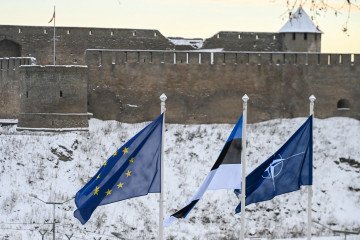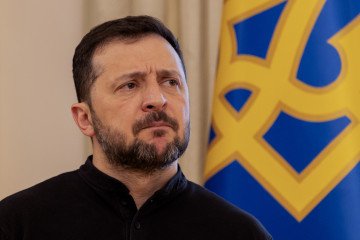- Category
- Latest news
UK PM Starmer: Ukraine Must Set Peace Terms, Opposes Recognizing Crimea as Russian
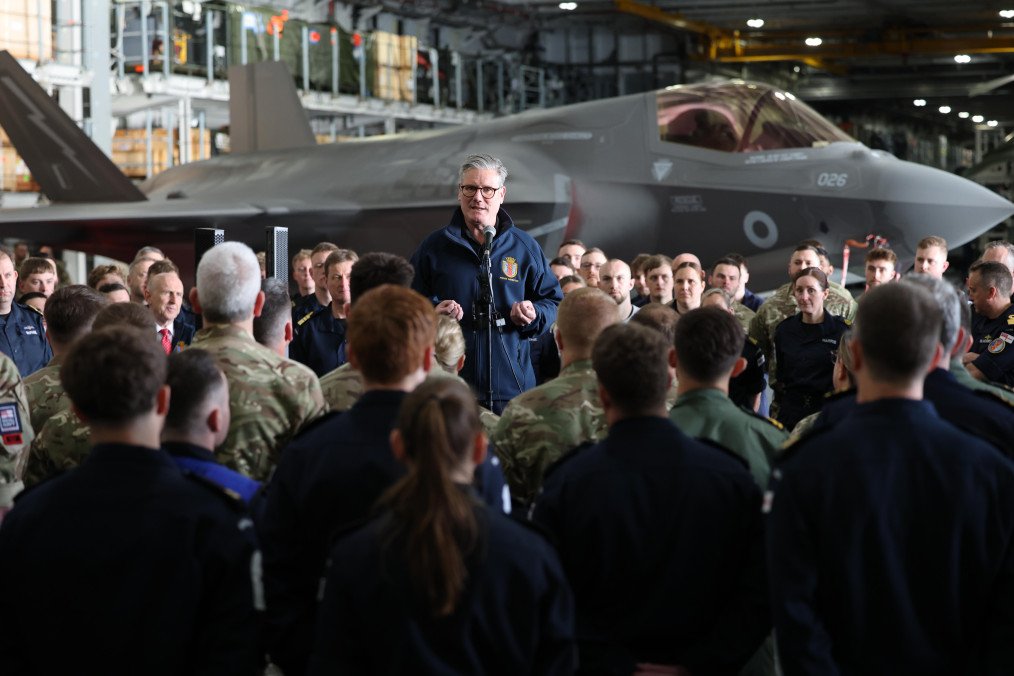
British Prime Minister Sir Keir Starmer has pushed back against Donald Trump’s recent proposals for ending the war in Ukraine, insisting that only Ukraine has the right to determine the terms of any peace deal with Russia in an interview with The Telegraph aboard the Royal Navy’s flagship aircraft carrier, HMS Prince of Wales on April 24.
Starmer underscored that Ukraine, not international powers, must shape any agreement with the Kremlin.
“We are at an intense stage in the negotiations,” he said. “In the end, I’m always mindful of the fact that it is Ukraine that must decide on those issues – it’s not for other people to decide on behalf of Ukraine. It is for Ukraine to decide. And Russia must come to the table for that unconditional ceasefire.”
Starmer made clear that he does not support US plans to formally recognize Crimea as Russian territory in any potential settlement, reaffirming that the UK is demanding Moscow to agree to an “unconditional ceasefire.”
When asked whether he would accept a deal that recognized Crimea as Russian, Starmer responded: “That’s not for me to say. That is part of the discussions.”
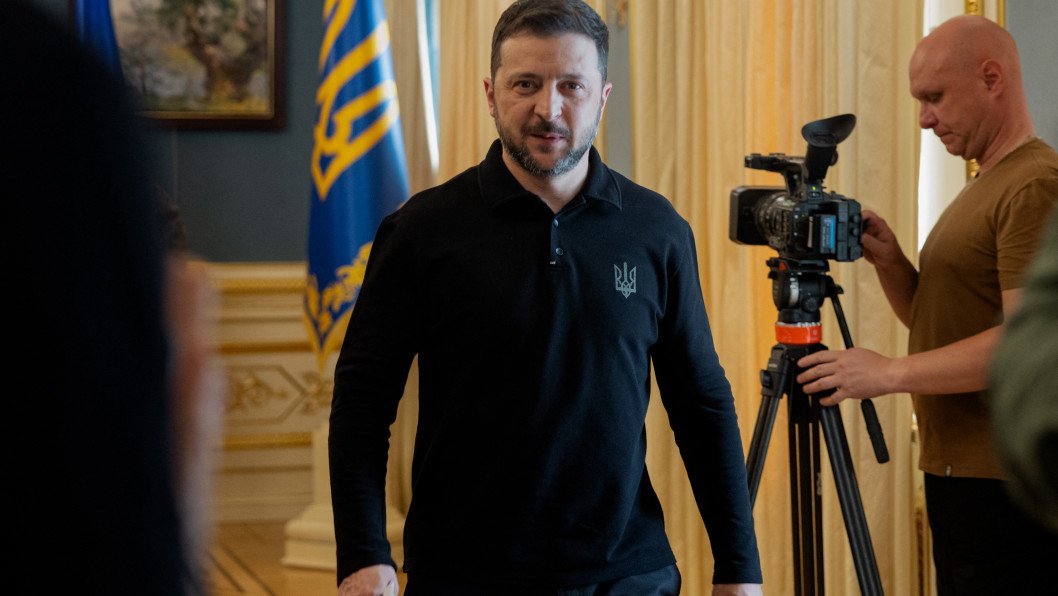
His comments come as Western allies engage in intense talks over a framework for peace. Details from Kyiv’s five-point proposal reportedly differ significantly from the US’s seven-point plan.
Central to Ukraine’s position is a demand that Crimea—illegally annexed by Russia in 2014—must not be legitimized as Russian territory.
Despite Starmer’s differences with US policy, he emphasized the enduring importance of NATO and transatlantic defense cooperation.
“I think that’s wrong in principle, both in relation to Ukraine and more broadly,” Starmer said.
“It is that ability to have a NATO-oriented approach that has given us peace. Our task now is not to ponder the past 80 years of the most successful alliance ever. Our task is to ensure, as leaders, that this alliance endures for the decades to come.”
He also directly countered Trump’s implication that Zelenskyy is prolonging the war:
“No. Russia is the aggressor. Never forget that Zelenskyy was offered safe passage out of his country in the first week of the conflict. At that point, everybody thought that Russia would succeed very quickly in its intent of taking over Ukraine. And he stayed to fight and to lead his country, which he’s done with huge courage and resilience for over three years, as has his whole country. It’s Russia that needs to come to the table and agree to a ceasefire.”
Starmer added that he hoped a ceasefire could be reached by summer but warned that any pause in hostilities must be sustainable.
“It’s got to be a ceasefire that is on terms that all parties can accept, including Ukraine, and it’s got to be a lasting ceasefire,” he said. “What I don’t want to see is a ceasefire that is temporary, because I am as convinced as I can be that that will simply leave Russia with the capability and wherewithal to come again at some future time. They’ve done it before, I’ve no doubt that they will do it again.”
Earlier, US political commentator Ben Shapiro sat down with Ukrainian President Volodymyr Zelenskyy for a two-part special titled My Journey to Ukraine and My Interview With Zelenskyy.
Zelenskyy addressed questions on his recent high-profile meeting with US President Donald Trump, ongoing US military support, and Ukraine’s position in defending democratic values.
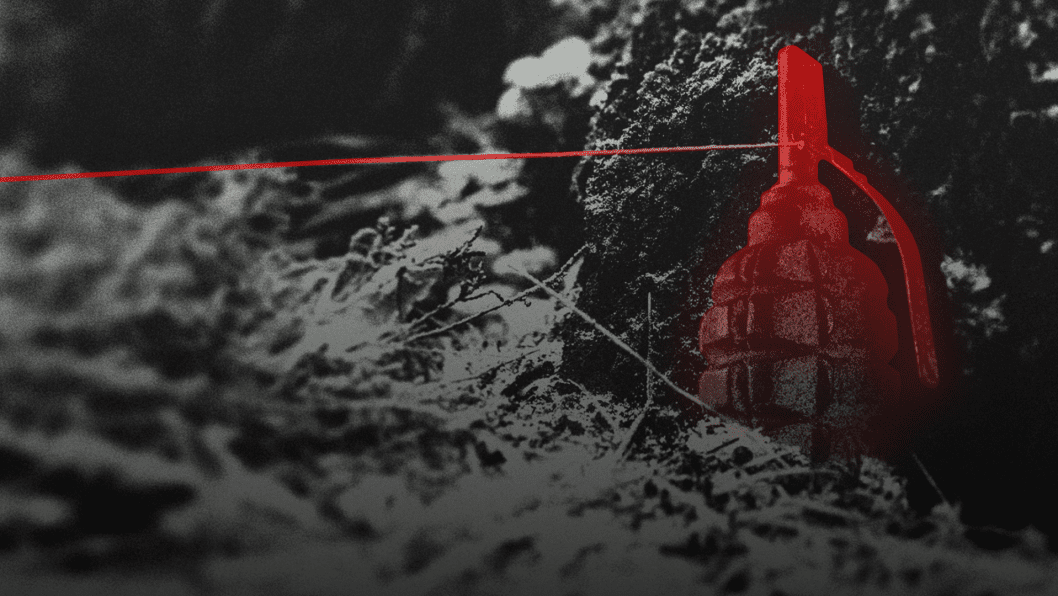

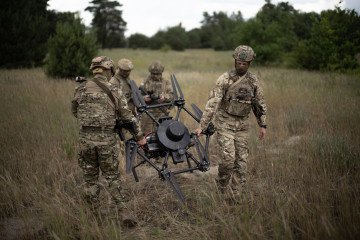
-c439b7bd9030ecf9d5a4287dc361ba31.jpg)
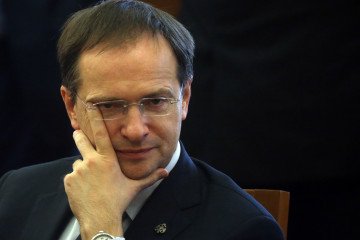
-111f0e5095e02c02446ffed57bfb0ab1.jpeg)
